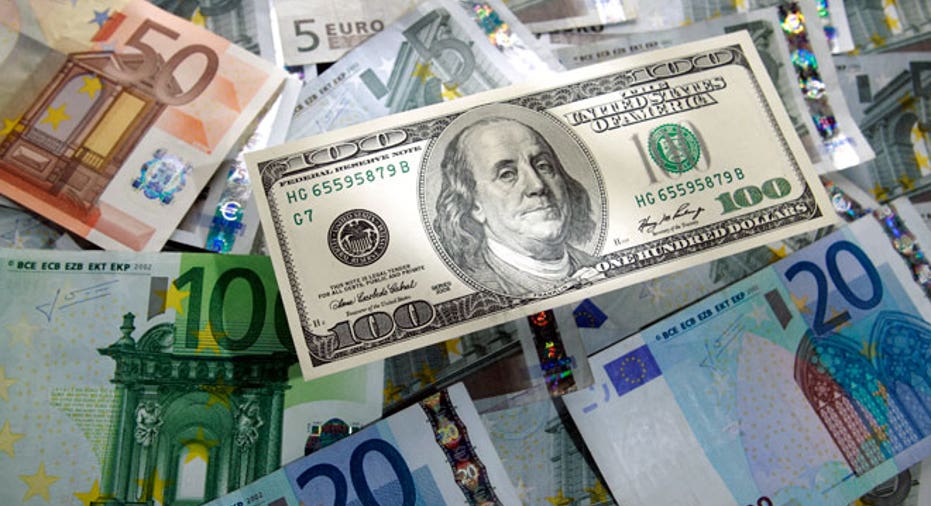End of the Euro as We Know It? Analysts Predict Drastic Changes to Avert Collapse

To avoid being entirely shut out of the bond markets and collapsing, the euro zone needs to take "extraordinary" measures to race towards increased fiscal cooperation over just the next two months, at least according to Credit Suisse.
We seem to have entered the last days of the euro as we currently know it," Credit Suisse analysts wrote in a note Monday.
The investment bank doesn't believe a breakup of the currency union is necessarily in the cards, but did warn the yield on 10-year Italian and Spanish bonds could surge above 9% for a "short period" and French bond yields could surpass 5%.
The current European debt mess began in Greece and is now engulfing Italy, which has the third-largest bond market in the world.
“We seem to have entered the last days of the euro as we currently know it."
Drastic steps are needed "to prevent the progressive closure of all the euro zone sovereign bond markets, potentially accompanied by escalating runs on even the strongest banks," Credit Suisse wrote.
The crisis underscores the structural problems of the euro zone, which shares monetary policy but 17 different fiscal policies. That means the European Central Bank sets interest rates for economies of very different needs and strengths, leaving individual legislatures to rack up varying degrees of debt.
Instead of the current "muddle-through" approach by policymakers, Credit Suisse said France and Germany will likely be forced by the markets to "strike a momentous deal on fiscal union much sooner than currently seems possible, or than either would like." If that happens, the ECB then may be willing to provide bridge financing to avoid a systemic collapse, the analysts said.
Specifically, the analysts pointed to mid-January as a possible timeframe for a deal following a debate this week on the merits of euro bonds, an important summit in December and a key December 11 speech by French President Nicolas Sarkozy. Economists have said euro bonds, which would involve nations pooling together their credit strength to issue bonds, may be a credible solution to the crisis.
Credit Suisse warned the debate is likely to include "high-stakes brinkmanship and market turmoil," likening it to the violent market reactions to the U.S. debt-ceiling debate this summer and the TARP bailout in 2008.
The euro deliberations are also likely to trigger selloffs in global equity markets and world wealth that would resemble "a more muted version" of the turmoil seen in the first quarter of 2009 during the depths of the Great Recession.
It's clear global financial markets are already feeling the pain from the European crisis, underscored by a 300-point plunge on the Dow Jones Industrial Average Monday.
"The fate of the euro is about to be decided," Credit Suisse analysts wrote. "And the pressure for the necessary political breakthroughs will likely come from investors seeking to protect themselves from the utterly catastrophic consequences of a break-up -- a scenario that their own fears should ultimately help to prevent!"



















